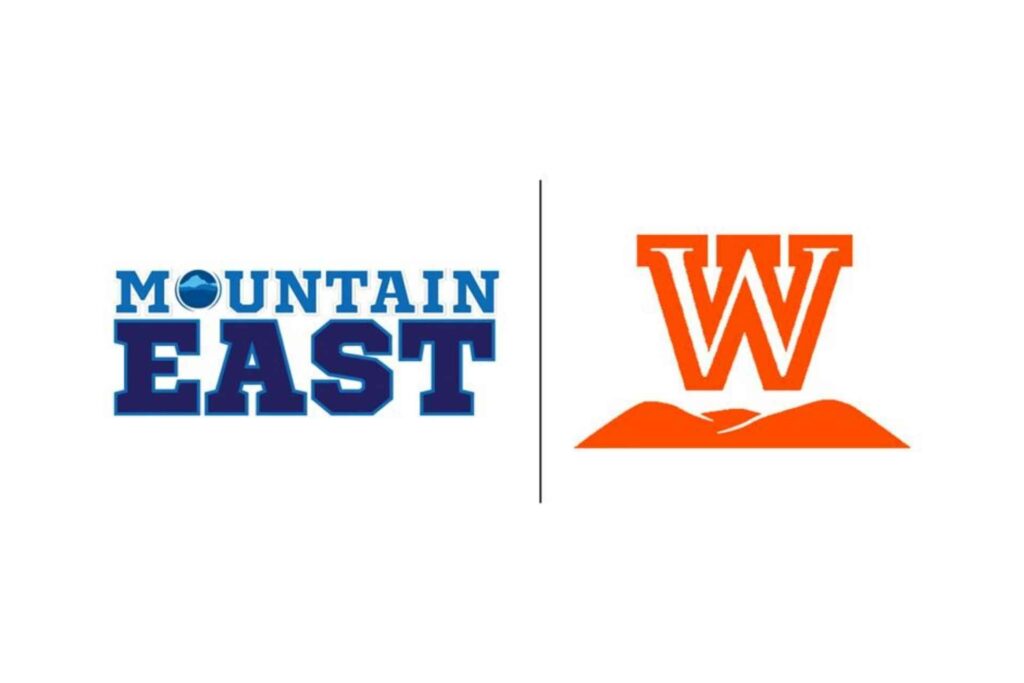CHARLESTON, WV – Gov. Jim Justice announced last week that he has submitted to the West Virginia Legislature a bill that will reform West Virginia’s corporate income tax laws to make West Virginia a haven for remote workers from all across the country.
The idea was first announced during Gov. Justice’s 2021 State of the State address (Time code: 50:52-52:39).
“This legislation is a long-overdue fundamental change and modernization to our corporate tax structure, which is absolutely necessary as we continue to move West Virginia forward,” Gov. Justice said. “I am so proud to offer this legislation for consideration because it’s a bold step toward making West Virginia the most attractive state in the nation for remote workers and for all businesses, which is exactly what we want to be.
“I am confident that the leadership of both the Senate and the House of Delegates understand its importance and I sincerely hope that all members of the Legislature will agree and pass this bill.”
The bill has been filed for introduction with the West Virginia Legislature and will be introduced in the coming days.
If passed, the bill will modernize West Virginia’s corporate income tax structure, incentivizing not only remote workers but also businesses looking to plant their operations in West Virginia, by making the following changes:
- Adopts model tax provisions regarding the treatment of remote or mobile employees to remove barriers to businesses that have a remote workforce in West Virginia;
- Ends the “throw out” rule in West Virginia, which artificially increased the state income tax burden for certain businesses;
- Moves this state from “origin sourcing” to “market sourcing” – putting us in line with, and making us competitive with, the majority of jurisdictions in the US; and
- Adopts “single sales factor” apportionment, meaning that businesses will no longer be penalized on their West Virginia income taxes for having property or payroll within the state.
The West Virginia Department of Revenue projects that this legislation will be revenue neutral, even considering all the benefits it will provide.
In-depth explanation of the bill’s provisions:
Model Mobile Employees Provision: Working from West Virginia
The first change made by this bill adopts model tax provisions relating to employees who come into the state for only short periods, allowing individuals who work remotely to escape the hustle and bustle of cities to work in the midst of the mountains. This change makes it so a corporation won’t create a corporate income tax liability simply for having an employee working from West Virginia for short periods.
Ending the “Throw Out” Rule
A throw out rule generally requires a taxpayer to throw out or exclude receipts from the sales factor that are attributable to a state where the taxpayer is not subject to tax, which results in a higher in-state tax burden than would be due purely due to sales within the state.
The throw out rule harms West Virginia based businesses by overstating West Virginia business activity when calculating income tax. Eliminating this rule will encourage all companies with sales in West Virginia, including companies with remote workers, to invest in West Virginia.
Market-Based Sourcing
For income tax purposes, current law apportions all sales of services provided by remote workers to West Virginia, without regard to where the services are delivered. This proposal will apportion income for service-based industries based upon the sales to West Virginia customers only.
Thirty-two states and the District of Columbia have adopted market-based sourcing rules, including most of West Virginia’s neighboring jurisdictions. As a result, West Virginia companies pay tax on services performed in the state, and then again in those surrounding states that have adopted market-based sourcing. Moving to market-based sourcing creates fairness for West Virginia businesses.
Single Sales Factor
Currently, corporate net income tax in West Virginia is based on a three-factor test, including the amount of property in West Virginia versus total property, the payroll in West Virginia versus national payroll, and sales in West Virginia versus national sales.
This apportionment scheme disincentivizes businesses having property or payroll in West Virginia, because their income taxes are based, in part, on their property and payroll in the state. Moving to an apportionment scheme based only on the amount of sales made in-state versus total national sales would allow corporations to base their property and/or workforce in West Virginia without triggering income tax liability in West Virginia.
Further, because states differ in how they apportion income for corporations doing business in multiple states, there is opportunity for multi-state corporations to decrease their overall tax liability by siting in a state where they do not incur income tax liability just because of property holdings or payroll within that state.
For corporations with few sales in West Virginia versus national sales, having property and payroll in West Virginia would result in little to no state income tax if the state goes to a single sales factor apportionment scheme.
Twenty-nine states and the District of Columbia have adopted single sales factor sourcing rules, including most of West Virginia’s neighboring jurisdictions. Adoption of this scheme encourages West Virginia employment and investment by focusing the income tax on a business’s market in the state, rather than focusing on in-state investment.
These changes mean that West Virginia would no longer inflict a disproportionate impact on companies for being located in-state or for making substantial in-state investments, when those companies export their products.
The West Virginia Department of Revenue projects this move to single sales factor apportionment to be revenue neutral. Companies that have property and payroll in West Virginia will see a decrease in their state income taxes. However, companies without a physical presence in West Virginia, but that sell into West Virginia, such as many online retailers, will see a slight increase in their state income taxes because the only factor will be sales in West Virginia versus national sales of that company.
These are expected to balance out, making the bill revenue neutral, while the changes made in the bill to the state’s corporate tax structure will make the state much more competitive for businesses to site their property and employees in West Virginia, within 500 miles of two-thirds of the U.S. population and one-third of Canada’s population.
The bill’s progress can be followed here:
https://www.wvlegislature.gov/Bill_Status/bill_status.cfm.














